Building Solidarity: A Journey of Collaboration, Community, and Co-operation in Dayton
By: Te’Jal Cartwright
Right now, it seems that everyone is hungry for change, and I believe it's crucial to acknowledge that systemic change is nearly impossible when attempted in isolation. In my opinion, the Dayton community has recognized this and is doing an excellent job of growing through collaboration, and moving towards building a community that caters to everyone.
Throughout this endeavor, many of us have come to realize that collaboration serves as the vehicle, while solidarity acts as the fuel.
Oxford's definition of solidarity is the unity or agreement of feeling or action, especially among individuals with a common interest; mutual support within a group. What does that word mean for our community?
Co-op Dayton, a non-profit organization, focuses on building and expanding cooperatives in the Dayton community. Founded in 2016 after numerous resources closed down in Dayton, Ohio, including hospitals and grocery stores, the city collectively felt overwhelmed by the lack of resources on the Westside for basic needs.
As we planned for our new market (later established as the Gem City Market), we witnessed the practice of collaboration and solidarity unfolding before our eyes. Strategies were implemented to ensure that everyone's voice was heard, creating space for each other to contribute and achieve the goal of building a grocery store catering to the Westside of Dayton. We saw things like weekly community meetings being held and crucial decisions being made through public surveys. And although each community member didn’t agree on every single detail, the consensus was clear: the grocery store was a necessity.
As we delve deeper into this work, it's becoming apparent that understanding the importance of solidarity, vulnerability, and collaboration is crucial. These elements are essential to continue building an economy that allows everyone to thrive.
Without individual effort, we wouldn't have been able to witness instances of solidarity, such as the Ugly Duckling raising over $15,000 in less than 24 hours or past examples like Wright-Patt Credit Union’s legacy starting with locals raising funds to support a neighbor in need. While these are excellent examples, it's essential to acknowledge that we also encounter instances of solidarity in our everyday lives, such as exchanging resources, supporting neighbors in need, building community around children/families in need, and much more.
In January of 2024 Co-op Dayton launched a new podcast called “Our Shared Future” in order to bring the conversation of solidarity to the forefront and define it for our community as a collective. In the most recent episode of “Our Shared Future” Amaha and KeAnna sit down and talk about reigniting the passion of solidarity. KeAnna shared that in order to do that, we must understand that solidarity begins with healing one’s self. A group of 1,000 people are just 1,000 individuals that are doing the work individually so that they can show up for their community.
I invite us to continue exploring what other forms solidarity can take and identifying how it already manifests in our community. How can we strengthen these bonds and further develop them?
How do you practice solidarity with the people around you? In what ways do you aspire to continue growing in solidarity with your community?
Join us as we release monthly blogs, episodes of “Our Shared Future”, and more! Leave comments and share your thoughts with us below.
Facebook: https://www.facebook.com/COOPDayton
Catch up on previous episodes: https://www.youtube.com/@co-opdayton/playlists
Te’Jal Cartwright is the owner and lead story coach for Lore. Her goal is to build community and bring healing through truth and transparency.
